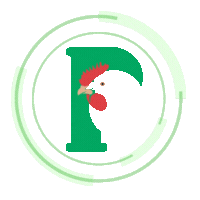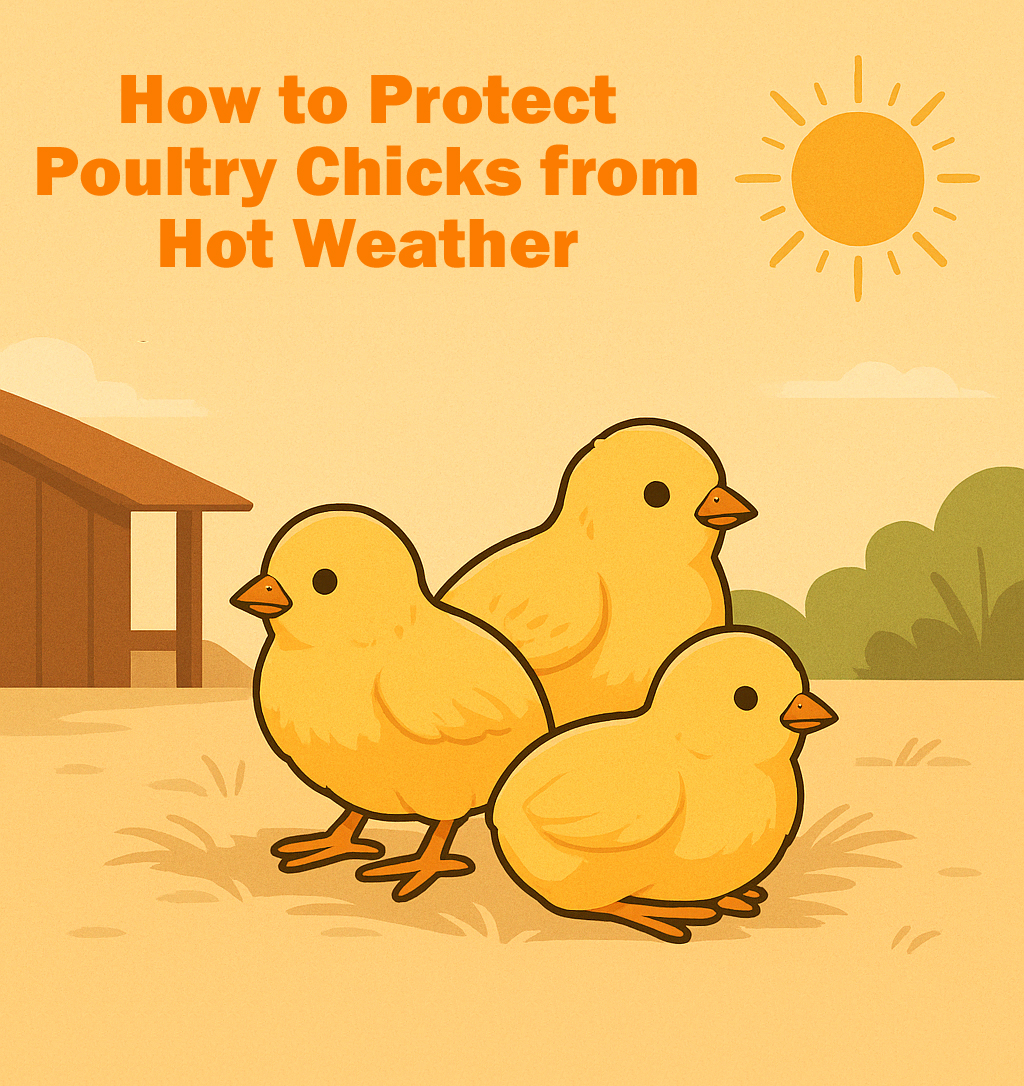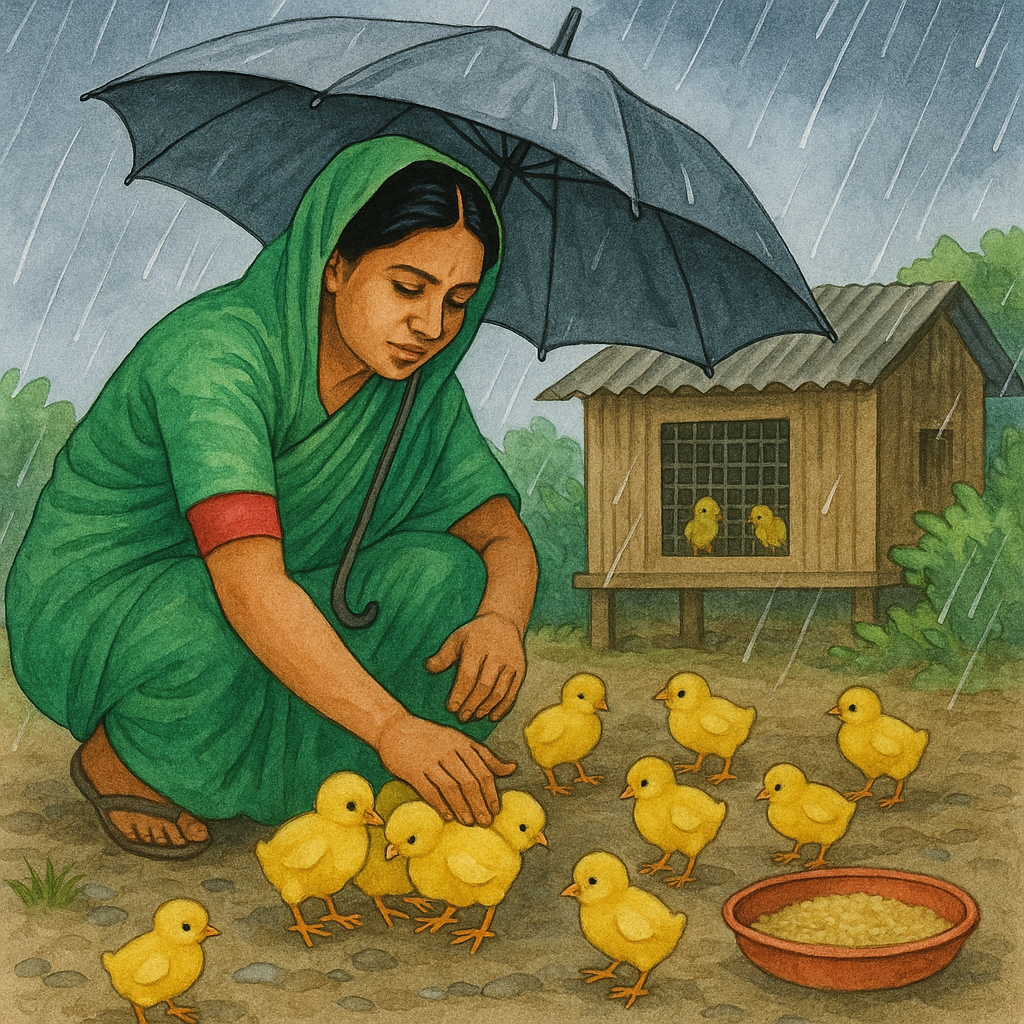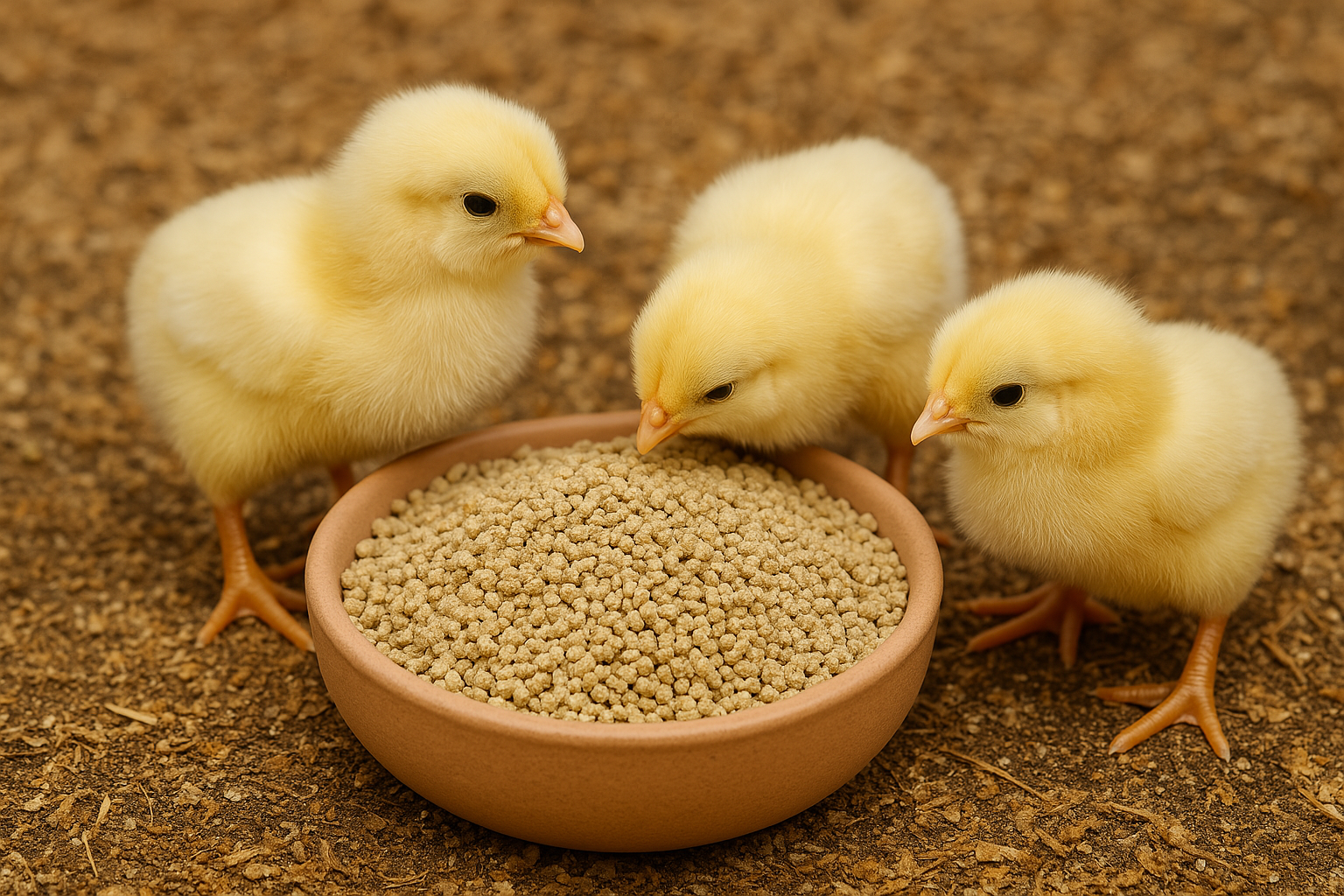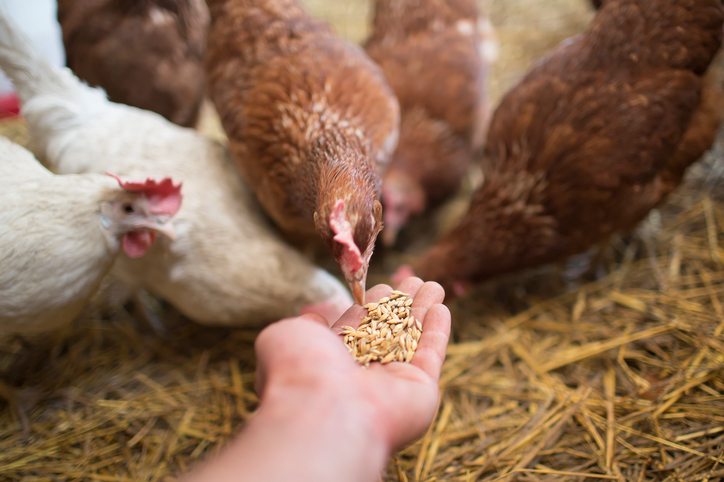Beating the Heat: How to Protect Poultry Chicks from Hot Weather
Beating the Heat: How to Protect Poultry Chicks from Hot Weather
Raising chicks in hot weather presents unique challenges. While we often worry about cold temperatures, excessive heat can be just as dangerous—especially for vulnerable young chicks. Heat stress can lead to dehydration, stunted growth, and even death if not properly managed. But with a few proactive measures, you can keep your flock safe, healthy, and thriving through the hottest months.
1. Shade Is Essential
Direct sunlight can quickly overheat chicks. Make sure their brooder or run has plenty of shade throughout the day. Use tarps, shade cloth, or natural cover like trees to block the sun. If chicks are housed in a coop, ensure it's well-ventilated and not exposed to harsh afternoon sunlight.
2. Keep Them Hydrated
Chicks lose water quickly in high heat. Provide constant access to cool, clean water. Use shallow containers to prevent drowning, and refill frequently to keep it fresh. You can even add electrolytes to their water during heatwaves to help replace lost minerals and support hydration.
3. Proper Ventilation
Good airflow is crucial. If chicks are indoors or in an enclosed coop, make sure the space is well-ventilated. Use fans (safely placed so chicks can't reach them) or open windows with mesh screens to promote air circulation.
4. Avoid Overcrowding
Too many chicks in a small space creates extra body heat and stress. Give them plenty of room to move around and escape warmer areas. Proper spacing also reduces the risk of pecking and disease.
5. Feed Wisely
During extremely hot periods, chicks may eat less. Provide fresh, easily digestible feed, and avoid feeding during the hottest part of the day. Morning and evening feedings are ideal. Avoid high-protein or energy-dense treats that can increase internal body heat.
6. Cooling Techniques
Place frozen water bottles or ice packs around the brooder (outside of direct chick contact) to help cool the area. You can also freeze water in shallow trays or pans to create a cooler environment. Be creative, but always ensure chicks can’t come into contact with freezing surfaces directly.
7. Monitor Closely
Watch for signs of heat stress: panting, lethargy, wings held away from the body, and loss of appetite. If you notice these symptoms, act fast—move them to a cooler area, provide fresh water, and reduce heat exposure immediately.
Final Thoughts
Hot weather doesn’t have to be a threat to your chicks if you’re prepared. A combination of shade, hydration, ventilation, and attentive care can make all the difference. By taking a few simple precautions, you’ll help your chicks grow strong and healthy—even when the sun is at its peak.
Stay cool and keep clucking!
NB: It can also vary from place to place or time to time.
